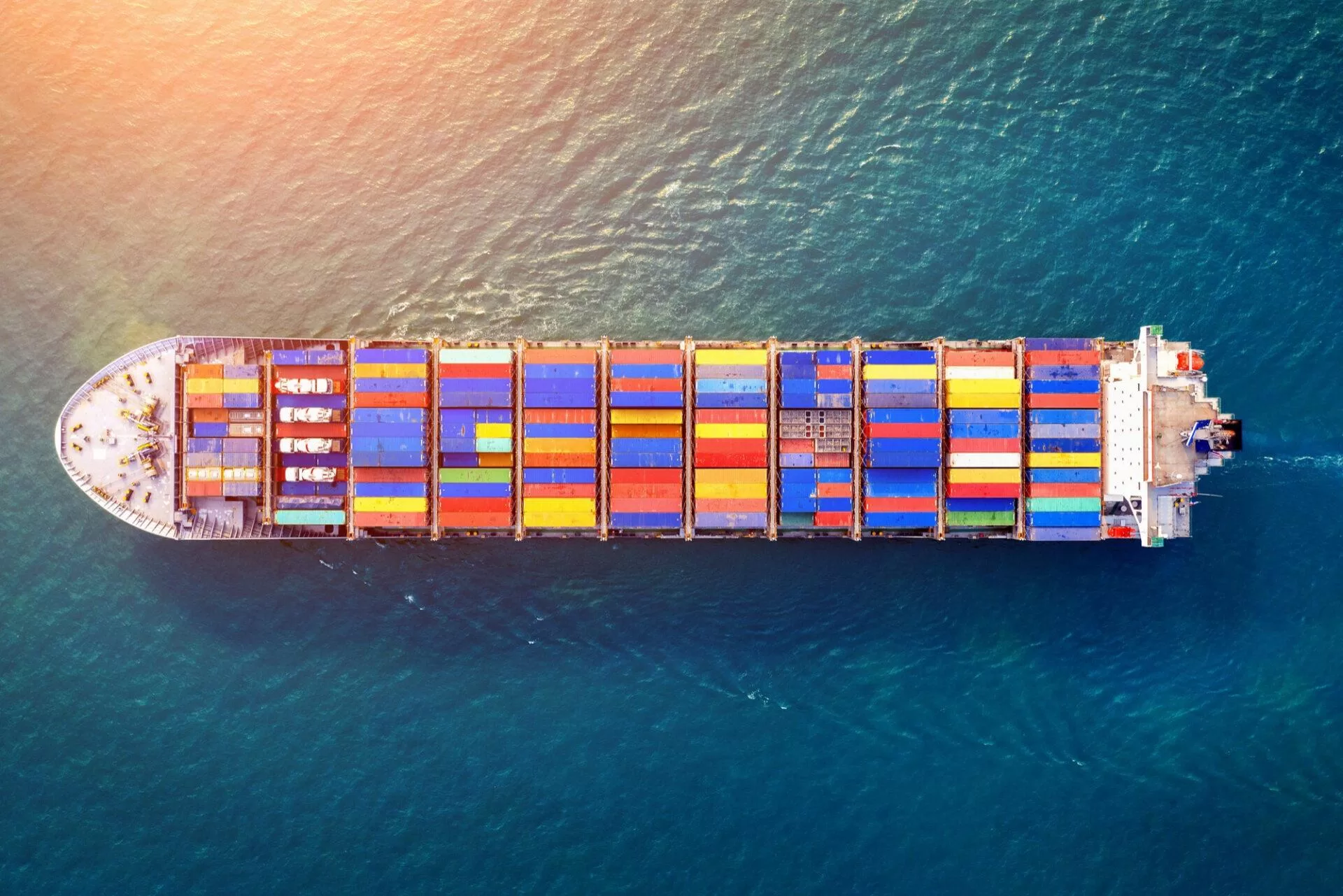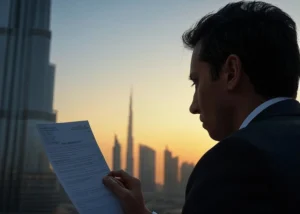Dubai is a purpose-driven metropolis that is working to increase and solidify its position in the maritime sector, such as by encouraging investors’ trust in the market. To tackle this, Dubai established its first Maritime Advisory Council several years ago to help link government agencies with private sector maritime businesses.The UAE, on the other hand, discovered that to become a genuine competitor in the region, it would be necessary to improve maritime conflict resolution processes. The Emirates Maritime Arbitration Center (EMAC) was founded in 2016 as a new maritime conflict settlement facility for the Middle East. It is a specialized maritime court intended to assist parties in resolving maritime conflicts by using an international court.
The United Arab Emirates’ main advantage is its ability to enforce foreign arbitration decisions. The courts in the United Arab Emirates are still ahead of others in the Middle East when it comes to allowing plaintiffs to successfully enforce foreign arbitration judgments. In the past year, Dubai and the United Arab Emirates have bolstered their position as a major global maritime hub, thanks to encouraging courts and new maritime rules.
A Business Overview
The UAE is the center of Middle Eastern ship traffic, with 14 commercial ports. Dubai’s Jebel Ali Harbor and other ports in Abu Dhabi, Sharjah, and Fujairah are the most significant.
The Middle East’s major logistics center is the Jebel Ali Port and Free Zone. It has one of the world’s top 10 sea ports, as well as the world’s largest artificial harbour.
Ports in the UAE have a significant influence on the country’s GDP, with thousands of companies presently active in the maritime sector, including all major container shipping lines that have offices in the UAE. In the context of their Middle Eastern operations, we’ve seen an increase in ship managers moving to Dubai and Fujairah from Asia and Europe. Offshore businesses in the commercial shipping and ferry industries operate their whole operations from Abu Dhabi and serve the rest of the Middle East. All of the services needed to run a successful offshore firm are included, such as top offshore consultants, surveyors, marine insurance brokers, and reputable maritime law practices.
Legal System – Review
The Emirate of Abu Dhabi’s legal system is based on the Egyptian legal system, which was derived from French and Roman law. Shari’a law wasn’t intended to govern international commerce, so the oil boom of the 1970s helped build today’s legal structure in the UAE. The Commercial Maritime Law was enacted in 1981, at which time it was influenced by Kuwait’s maritime legislation, which had been influenced by international maritime treaties and Italian and French maritime law. The Maritime Law is a set of regulations designed to provide clarity and consistency in the maritime sector. It includes things like vessel registration, ownership, mortgages, arrest, crews and their contracts, charter parties and contracts of transportation, towage and pilotage, collisions and salvage, general average and marine insurance.
Legal Jurisdiction
The UAE’s judicial system is divided into two parts. The federal judiciary, which includes a number of courts at the national level, exists in addition to the ordinary local court system. Ajman, Fujairah, Sharjah, and Umm Al Quwain opted to join this arrangement while Abu Dhabi, Dubai, and Ras Al Khaimah maintained their own local court system.
- Courts
The Federal Court System is made up of various Emirates (except for those that kept their local court system), with a first-instance court and an appellate court. The Supreme Court in Abu Dhabi is the final court of appeal for criminal matters. The appeals courts of Abu Dhabi, Dubai, and Ras Al Khaimah hear their own cassation cases (the Supreme Court in Abu Dhabi). There is a mandatory right to appeal in any case worth more than 200,000 dirhams, which might extend court proceedings since no leave to appeal is necessary.
The popularity of the region has encouraged Dubai to expand its current court system in 2004, creating what appears to be a successful “foreign” court system at the Dubai International Financial Centre (DIFC). With the opening of the Abu Dhabi Global Market Courts in 2015, which was based largely on the English legal system, similar measures have been taken in Abu Dhabi.
- Jurisdiction
When it comes to determining jurisdiction in the UAE, the courts will have authority in a wide range of scenarios, including but not limited to:
- One or more defendants are based in the United Arab Emirates or have a business presence there;
- If the damage or loss happened in the United Arab Emirates; or
- If a contract was signed, agreed upon, or intended to be completed in the UAE,
If a negotiated provision between the parties gives jurisdiction to a foreign court in circumstances where the UAE courts would have it, the Civil Procedures Law (CPL) invalidates it. According to this perspective, the UAE’s courts will accept jurisdiction regardless of a foreign jurisdiction clause. The situation is somewhat different with arbitration clauses, which the courts will respect if they are in writing, properly defined, and signed by both parties.
- Limitation Period
In the United Arab Emirates, the following time periods for maritime claims are in place:
- Tort suits have a three-year statute of limitations.
- Third-party recourse actions must be filed within 90 days, while charter party and cargo claims must be filed within one year.
- The time restriction for salvage and collision claims is two years.
- For claims on maritime insurance, the time limit is two years.
- A two-year time limit applies to passenger claims for death or personal injury.
- The deadline for requests for postponement is six months.
- For luggage claims, one year is deadline.
- Collisions that result in injury or property damage may be filed within two years.
- One year to appeal against a previous ship’s decision on resolved claims of death or injury.
Arbitration & ADR
The CPL provides for basic standards on the usage of arbitration procedures, which are covered in Articles 203 to 218. The EMAC was established by the Dubai Maritime City Authority, a government agency under the Dubai Maritime City Authority, as a further affirmation of the UAE’s position as a global maritime center. Emirates Maritime Arbitration Centre (EMAC) is situated at the Dubai International Financial Center. EMAC adheres to the rules of the London Maritime Arbitration Association and Singapore’s Chambers of Maritime Arbitration, both of which are located in the DIFC.
The following are the four additional arbitration sites: the Dubai International Arbitration Centre (DIAC), Abu Dhabi Commercial Conciliation and Arbitration Center (ADCCAC), International Chamber of Commerce UAE, and Dubai International Financial Centre (DIFC Arbitration Centre). The only one that isn’t located in the DIFC is the ADCCAC.
Foreign Arbitral Enforcement
The UAE is a signatory of the New York Convention. Although there was some uncertainty in the past about how Emirati courts would enforce local conditions for recognition and enforcement of awards under the New York Convention, the UAE’s cassation courts have clarified that foreign arbitration judgments are enforceable. It’s also possible, in certain circumstances, to seek recognition of foreign arbitral judgments via the DIFC offshore court system, reducing many of the hazards associated with enforcement in the UAE.






